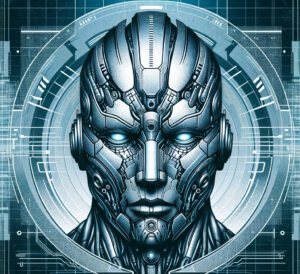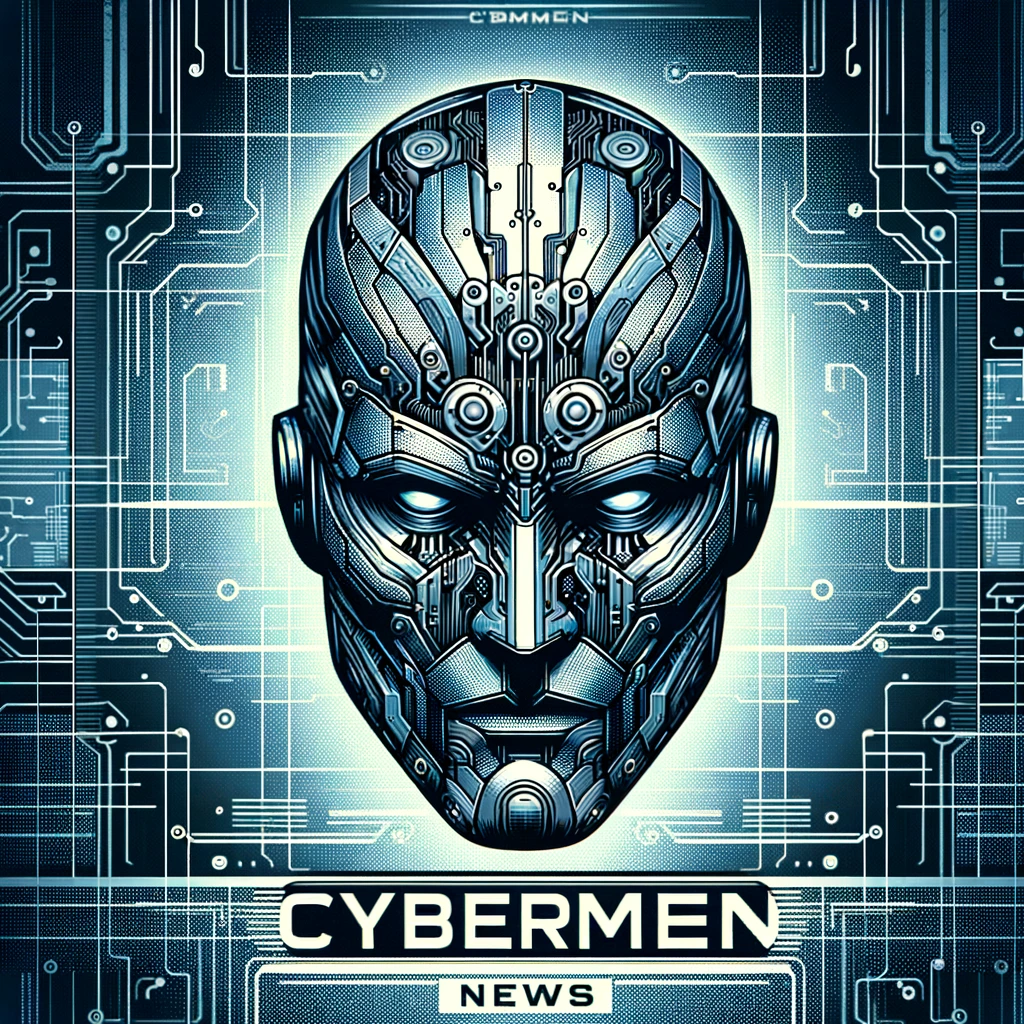Mary Shelley’s Frankenstein; or, The Modern Prometheus intricately weaves the complex tapestry of the creator-creation relationship, presenting a poignant examination of ethical responsibility and rejection. Through the tragic narrative of Victor Frankenstein and his forsaken monster, Shelley posits essential questions that resonate through ages: What duties does a creator owe to their creation, and what are the ramifications of forsaking these obligations?
The Genesis of Tragedy
Victor’s audacious journey to bestow life, driven by unbridled ambition and scientific curiosity, culminates in a profound moral paradox. His creation, a being pieced together from the remnants of the dead, becomes a mirror reflecting Victor’s horror and revulsion at his own deed. His immediate flight from his creation is not merely an act of repulsion but the first step towards an inexorable tragedy fueled by denial and evasion of ethical responsibility.
The Cascade of Rejection
Victor’s abandonment of his creation marks a moral and psychological nadir. This pivotal act of rejection instigates a domino effect of sorrow and ruin, underscoring the inextricable link between the creator’s responsibilities and the creature’s descent into vengeance. The monster, bereft of guidance and love, mirrors his creator’s abandonment through a vendetta that leaves a trail of devastation, emphasizing the ethical obligation creators bear towards their creations.
Ethical Responsibility and The Weight of Creation
The novel delves deep into the emotional turmoil engendered by creation. Victor’s narrative is laden with guilt, regret, and the unbearable consciousness of the suffering his neglect has wrought. His psychological unraveling, paralleled by his physical decline, epitomizes the profound impact of his moral failures, both as a creator and as a human being.
Frankenstein’s Echoes: A Moral Reminder
Frankenstein transcends its gothic contours to serve as a timeless reflection on the moral imperatives that accompany the act of creation. Whether in the realms of science, art, or parenthood, the narrative reminds us that creation is inherently bound to responsibility. The consequences of eschewing these duties extend beyond the creator and the creation, rippling through the fabric of society.
The Universal Relevance of Ethical Responsibility
Shelley’s exploration extends beyond the animate laboratory creations, touching upon the universal necessity of embracing the consequences of our actions. The interconnectedness of creation and responsibility laid bare in the novel invites us to exercise compassion and ethical consideration in all facets of life, urging a reevaluation of our responsibilities as creators, innovators, and members of the human community.


